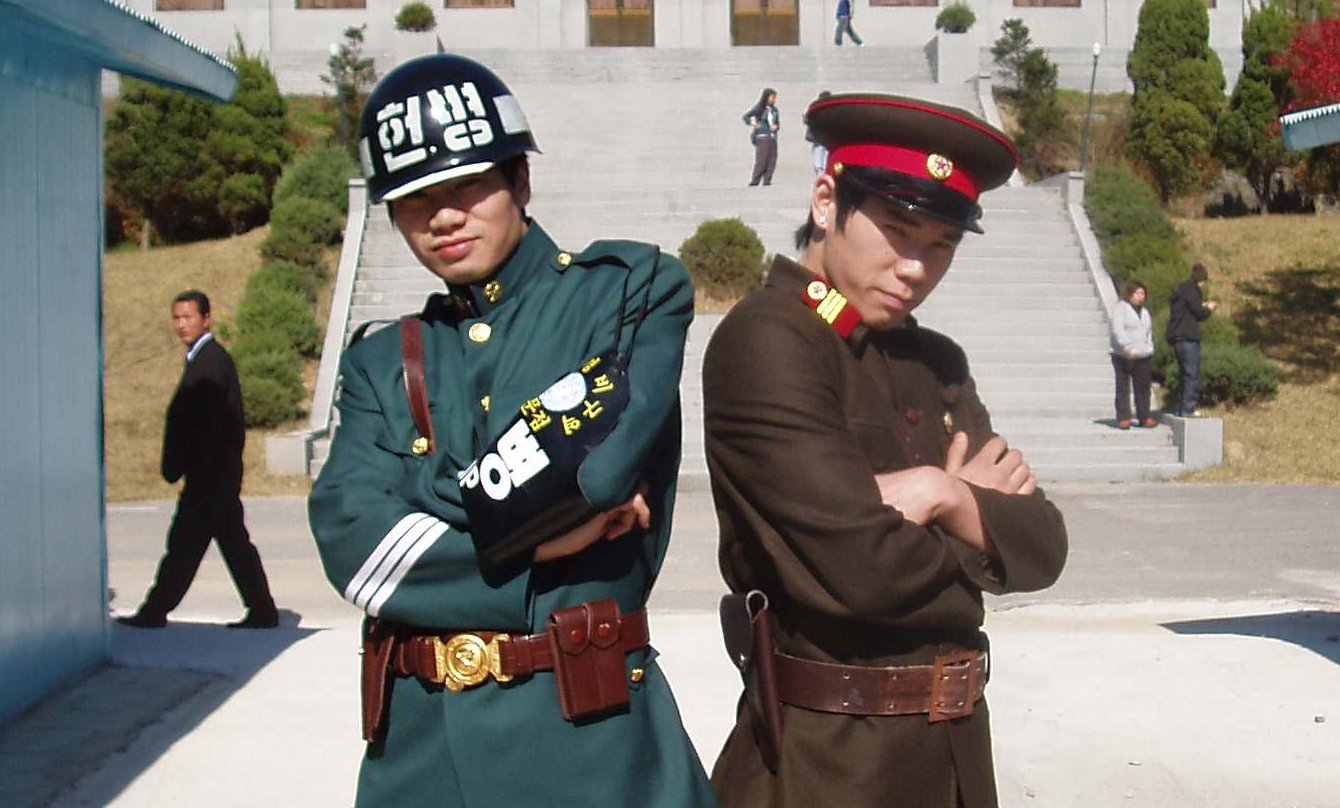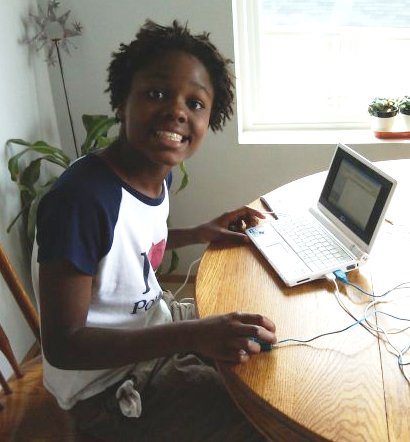
Planet B-Boy
Presented with the kind permission of Benson Lee
Excerpts of IndieWire interview with Director/Producer Benson Lee (March 2008).
Director Benson Lee‘s doc “Planet B-Boy” is set in the international world of B-boying, the urban dance known as “breakdancing.”
With backdrops in Osaka, Japan, Paris, France, Seoul, Korea and Las Vegas, NY, the film follows the stories of dancers …
An American dancer in Vegas looks for his big break; a Korean son seeks his father’s approval; a twelve-year-old boy in France confronts his family’s racism and all the b-boys’ lives collide in Germany where their skills are put to the ultimate test: the “Battle of the Year” finals, with crews from 18 nations vying for the title of World Champion.
IndieWire: Introduce yourself.
Benson Lee:
I’m a Korean American filmmaker who was born in Toronto, Canada and raised outside of Philadelphia. I attended F.I.T., NYU and finished my undergrad at the University of Hawaii.
After I graduated, I moved to Paris to find work in the French film industry. My lack of French prevented me from getting even an internship.
I eventually ended up in London thinking since I could speak the language, I’d have more opportunities. I was wrong again, so I made the opportunity for myself and wrote my first screenplay, “Miss Monday”.
I was fortunate enough to find a producer friend who had money to invest and ended up producing and directing the film in London. Afterwards, “Miss Monday” was accepted in the feature competition at Sundance where it received a special jury prize for acting.
What initially attracted you to filmmaking, and how has that interest evolved?
Films have always been an escape for me growing up in the burbs. Through movies, the grass was always greener on the other side. But it wasn’t until I watched David Lynch‘s “Blue Velvet” that I learned the “power” of film. I literally passed out watching it and from that point on, I got the bug.
Please discuss how the idea for “Planet B-Boy” came about.
Back in the eighties, I was one of those kids who watched all the Breakdance movies like “Breakin” and “Beatstreet,” and immediately had to try it.
Fortunately, I wasn’t that good and retired early.
Over a decade later, I was curious one night and googled “breakdancing” and discovered a whole subculture that was, to my amazement, still around. But this time, the b-boys were like the six million dollar man. They came back stronger, faster, and wearing fresher track suits.
I also discovered the “Battle fo the Year”: the World Cup of b-boying that takes place annually in Germany, which attracts crews from 18 countries.
The best part was that no one knew about it. Then, another decade passed and I decided to commit the rest of my life, up until this day, to think, breathe, doody “Planet B-boy”!
What were some of the biggest challenges you faced in developing the project?
It was definitely raising the financing and editing. It made features seem so much more comfortable and filmmaker friendly. In total, it took us three years to make the film.
We were in production for three months where we travelled around the globe one and a half times, amassed 300 hours in four different languages. It took us a year and a half to edit. Due to licensing costs, we made over 70 minutes of old school/new school b-boy dance tracks. Finally it took us all three years to raise the financing to complete the film. As a matter of fact, we just completed the film [very recently].
How did the financing come together?
I never want to relive the financing experience of “Planet B-boy” again. This was by far, the most challenging film to get financed. I hit every production company in town with a pitch and trailer, and they were all like, “This is amazing! I can’t wait to see it! Bring it back to us after you’re done.”
I was like what the fuck is up with this Catch 22?! So I learned quickly that I had to pitch to private equity people, and I was fortunate enough to meet Johnny Lee and Chris Kim, my executive producers, who for two years, raised the money to complete our doc.
So for anyone who wants to make documentaries, you need to understand that it’s the most gruelling type of film to finance. Yet, it also turned out to be the best film school I never went to.
What are some of the creative influences that have had the biggest impact on you?
I got into filmmaking as a feature filmmaker, but in the ‘90s, I got hooked on documentaries.
I’ll never forget sitting in a theater, while I was living in London, and watching Steve James’ “Hoop Dreams” and crying my eyes out. I had never been so moved by a documentary like that. It was the last time I was actually proud to be American.
Then I started watching docs religiously. I got hooked on Michael Apted‘s “Seven Up” series which made me realize I had to go for broke as a filmmaker, otherwise I would end up really bitter.
Nanette Burstein and Brett Morgen‘s “On the Ropes” made me realize that docs could be treated with a cinematic aesthetic and a dope soundtrack.
Roko Belics’ “Ghengis Blues” inspired me to seek global stories that mashed up cultures. Jeffrey Blitz‘s “Spellbound” taught me the art of the competition doc., and “DIG” introduced me to my fresh DP, Vasco Nunes (a.k.a the human compass).

Planet B-boy
What general advice would you impart to emerging filmmakers?
Be ready to be poor for a very long time.
Get used to swallowing your pride and setting aside your ego to make things happen, but at the same time, be ready to stick up for everything you believe in and are passionate about in order to make things happen.
Be ready to give your whole life to the cause of your film, otherwise this is definitely not for you. Also, read a lot of directors’ biographies to get an insight to what it means to be a filmmaker for life.





















